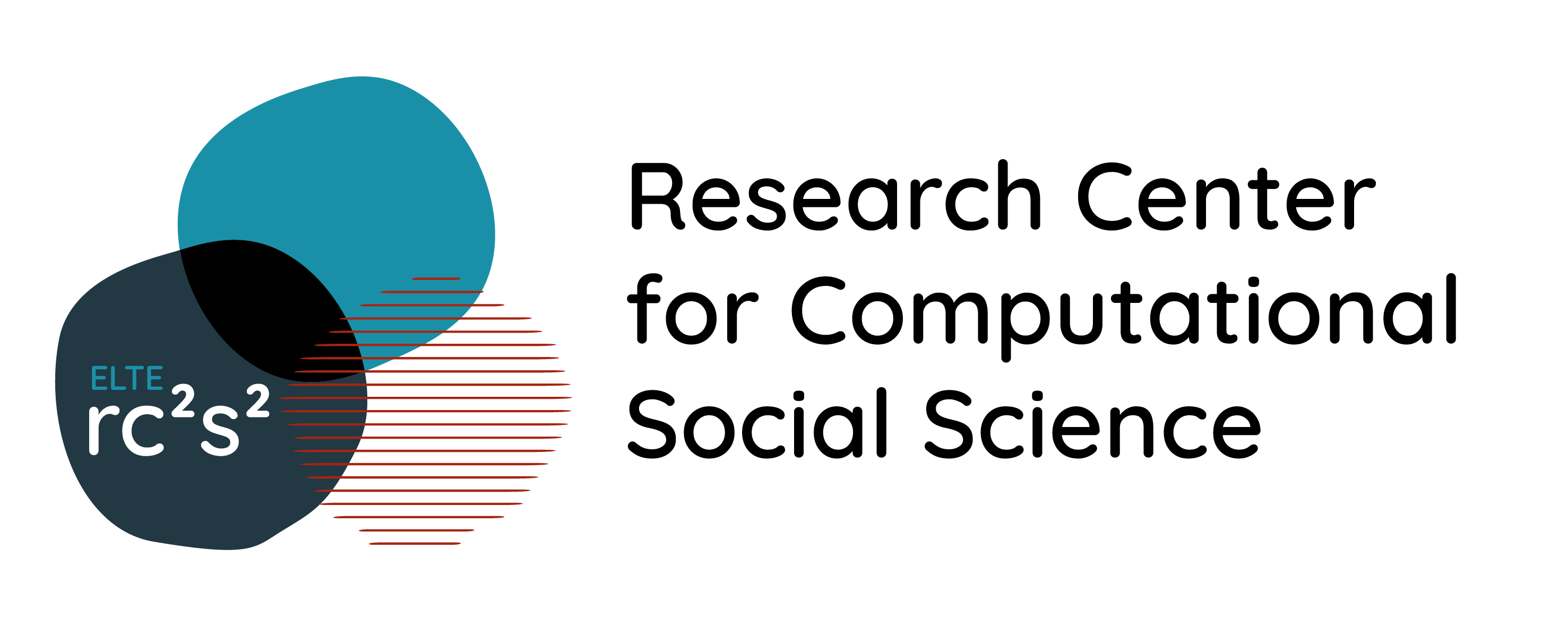Epigenetics widens the scope of trauma research and refugees even further. It is rare that scholars focus on the impact of trauma on the creation of mechanisms–biological and sociological–that have helped individuals and societies endure. Thinking about this requires a temporal shift in research perspective, toward evolutionary history. On an evolutionary scale, there is no such thing as a singular event; trauma happens in a continuum. The tools, strategies, and approaches traditionally employed and deployed fail to function when one looks at traumas as a continuum. Because the whole framework is different. Smeeth et al discuss a new conceptual model for epigenetic mechanisms in psychological resilience. The model addresses the epigenome formation as a result of exposure to a complex environment of harm and protection in the life history of the individual. This angle of exploration is nascent, and much has yet to be done from an epigenetic point of view to understand the impact of trauma on us as communities and indeed as humans.
